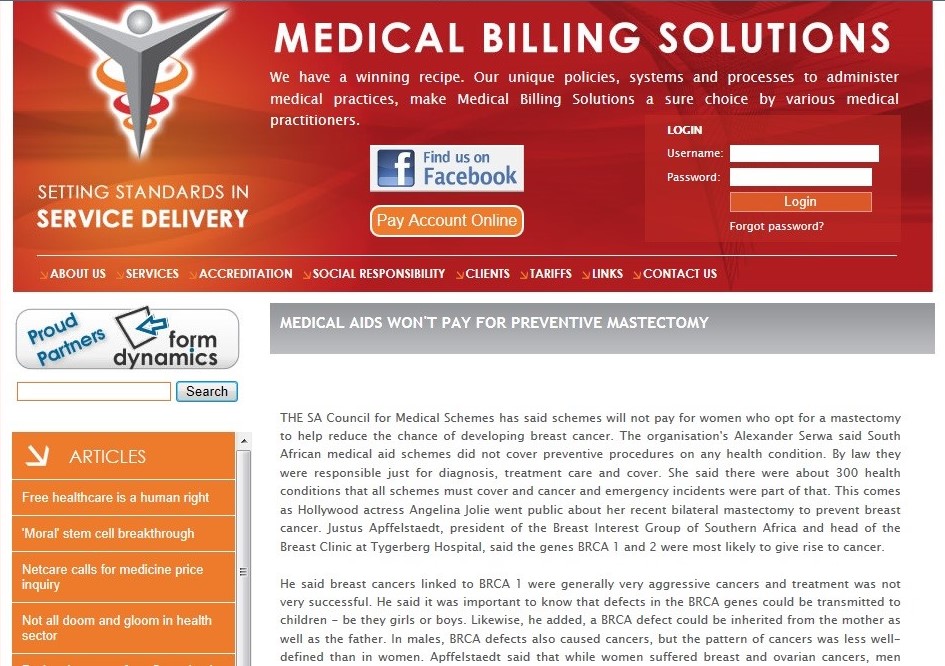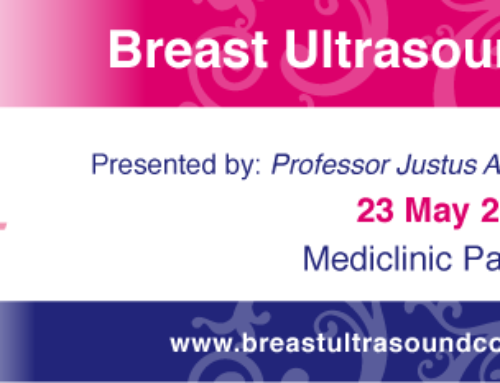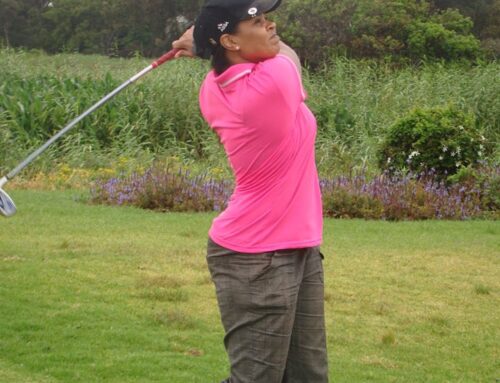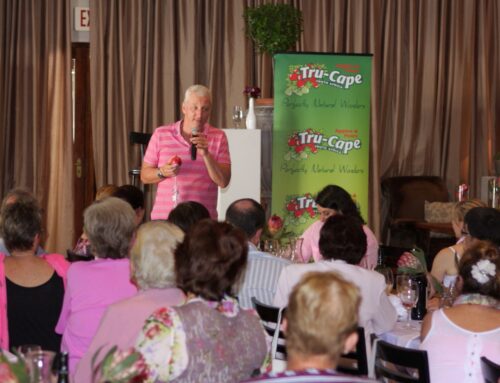THE SA Council for Medical Schemes has said schemes will not pay for women who opt for a mastectomy to help reduce the chance of developing breast cancer. The organisation’s Alexander Serwa said South African medical aid schemes did not cover preventive procedures on any health condition. By law they were responsible just for diagnosis, treatment care and cover. She said there were about 300 health conditions that all schemes must cover and cancer and emergency incidents were part of that. This comes as Hollywood actress Angelina Jolie went public about her recent bilateral mastectomy to prevent breast cancer. Justus Apffelstaedt, president of the Breast Interest Group of Southern Africa and head of the Breast Clinic at Tygerberg Hospital, said the genes BRCA 1 and 2 were most likely to give rise to cancer.
He said breast cancers linked to BRCA 1 were generally very aggressive cancers and treatment was not very successful. He said it was important to know that defects in the BRCA genes could be transmitted to children – be they girls or boys. Likewise, he added, a BRCA defect could be inherited from the mother as well as the father. In males, BRCA defects also caused cancers, but the pattern of cancers was less well-defined than in women. Apffelstaedt said that while women suffered breast and ovarian cancers, men suffered all sorts of cancers such as prostate, colon, blood, pancreatic, breast and certain types of skin cancers. However, the Cancer Association of SA (Cansa) said women should think carefully about the costly procedure as it could lead to physiological and physical complications. Magdalene Seguin, a clinical specialist at Cansa, said one of the major obstacles of the procedure was accessibility as it was costly and alternatives for women who could not afford it were limited. She said the Health Department had introduced genetic testing at public hospitals about two years ago but not many women were aware of this. Seguin said genetic testing was a very expensive exercise. She said that as far as she knew medical aids did not cover the operation because there had been no historical evidence there was cancer. Cansa chief executive Sue Janse van Rensburg said the association did not promote the procedure without ensuring patients had access to counselling and support after surgery.
Xolani Koyana & Jason Felix: The Cape Times
Link to article: http://www.medicalbillingsolutions.co.za/article.php?id=2041






